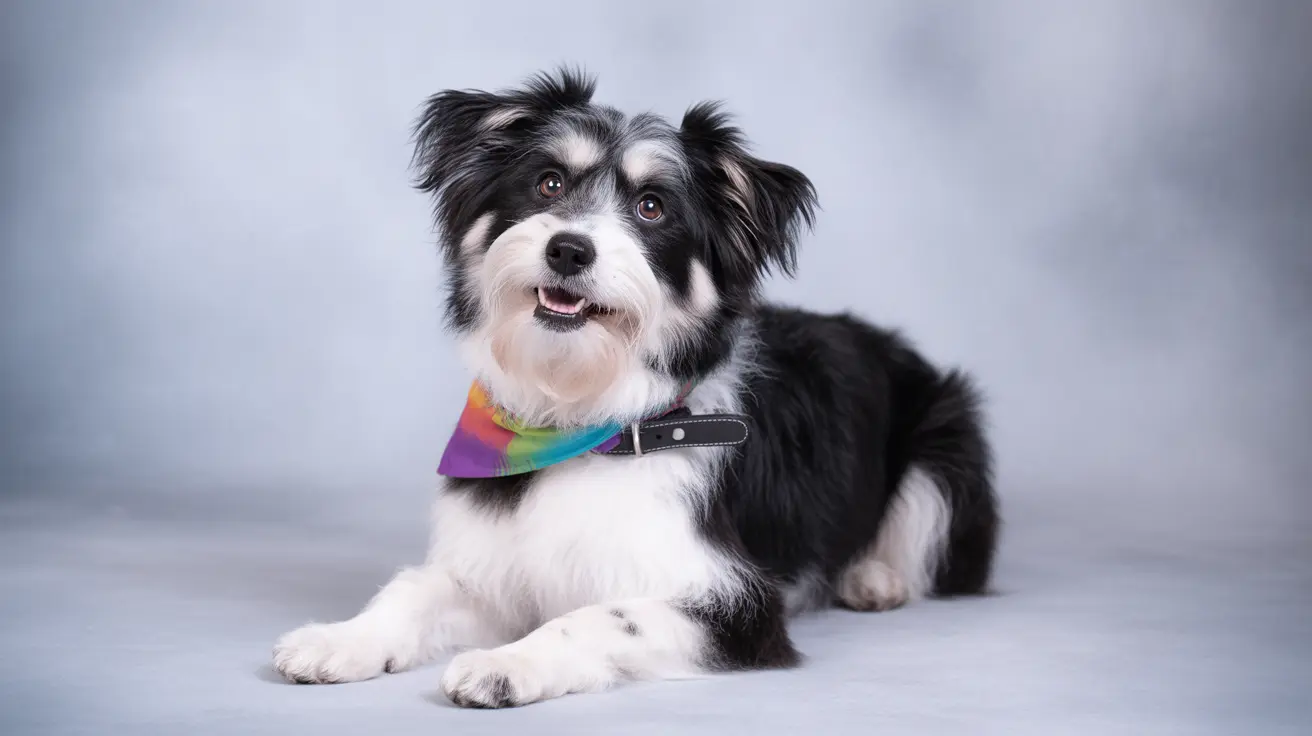Understanding the Bordetella Vaccine for Dogs
If you have a dog that loves to socialize—whether at dog parks, boarding facilities, or grooming salons—you've probably heard about kennel cough. This highly contagious respiratory disease, medically called canine infectious tracheobronchitis, can quickly spread wherever dogs gather. Bordetella bronchiseptica is one of the main bacterial culprits behind kennel cough, making prevention a top concern for pet owners.
What Is Bordetella bronchiseptica?
Bordetella bronchiseptica is a bacterium that targets the respiratory tract in dogs. It thrives in places where dogs are close together—think boarding kennels, training classes, and doggy daycares. The bacteria spread through airborne particles when an infected dog coughs or sneezes, but also via contaminated surfaces like bedding or food bowls. Environmental stressors such as poor ventilation, cold weather, dust, or smoke can make dogs even more susceptible.
Symptoms of Kennel Cough
The signs of kennel cough aren't subtle. Watch for:
- A persistent dry, hacking or honking cough
- Retching or gagging
- Nasal discharge
- Lethargy and decreased appetite
- Mild fever
- Sneezing and sometimes eye discharge or congestion
While most cases are mild and resolve with rest and care, puppies, senior dogs, and those with weakened immune systems can develop complications like bronchopneumonia or chronic bronchitis.
What Does the Bordetella Vaccine Do?
The Bordetella vaccine is designed to prevent illness caused by Bordetella bronchiseptica. While it doesn't cover every possible cause of kennel cough (since viruses can also play a role), it significantly reduces both the risk and severity if your dog does get sick. Even if vaccinated dogs catch kennel cough, their symptoms are usually milder.
Types of Bordetella Vaccines
You have options when it comes to vaccination:
- Injectable: Given under the skin; covers Bordetella bronchiseptica only.
- Intranasal: Administered as a nasal spray; protects against Bordetella and two key respiratory viruses: canine parainfluenza virus and canine adenovirus type 2.
- Oral: Given by mouth; similar coverage to intranasal vaccines.
Puppies can receive intranasal or oral vaccines as early as three to eight weeks old. Injectable versions typically start around six to eight weeks with a booster three to four weeks later.
Who Needs the Vaccine?
Dogs at higher risk—those who visit parks, attend group training sessions, stay at boarding facilities, or go to grooming salons—should be vaccinated annually at minimum. Some veterinarians recommend boosters every six months for especially social pups. Many facilities require proof of current vaccination before admitting your dog.
If your dog mostly stays home and doesn't mingle with others much, their risk is lower but not zero. Occasional exposure (even through a fence or during walks) still poses some danger. Annual vaccination may still be advised depending on your dog's lifestyle.
Effectiveness and Side Effects
The Bordetella vaccine is highly effective at preventing severe illness and limiting disease spread. Breakthrough infections can happen but are generally less severe in vaccinated dogs.
Most dogs tolerate the vaccine well. Mild side effects might include:
- Mild itching or redness at the injection site
- Sneezing or brief nasal discharge after intranasal administration
- Mild fever or lethargy
- Soreness where injected (for injectable vaccines)
Serious reactions are rare but should be reported to your vet right away. Your veterinarian may avoid vaccinating immunocompromised, sick, or pregnant dogs—or adjust schedules for those with previous reactions.
If Your Dog Develops Kennel Cough
If you suspect your dog has kennel cough (persistent coughing being a big clue), call your vet before visiting so you don't risk spreading infection in the waiting room. Treatment often involves rest and supportive care; antibiotics and cough suppressants may be prescribed for severe cases or vulnerable pets.
- Isolate infected dogs from others until fully recovered.
- Provide plenty of rest and fresh water.
- Avoid collars—use a harness instead—to reduce throat irritation.
- A humidifier may help ease airway discomfort.
Bordetella Beyond Dogs?
Bordetella bronchiseptica rarely infects humans (mainly those with weakened immune systems) and can occasionally affect other animals like cats and rabbits—but it's primarily a canine problem.
The Takeaway: Why Vaccinate?
The Bordetella vaccine helps keep your dog healthy while protecting other pets in your community from an easily spread illness. It's often required for group activities and provides peace of mind if your pup loves being out and about. Talk with your veterinarian about what's best for your dog's unique situation—they'll help you set up an appropriate vaccination schedule based on age, health status, and lifestyle risks.





